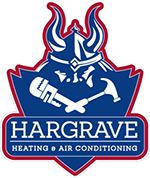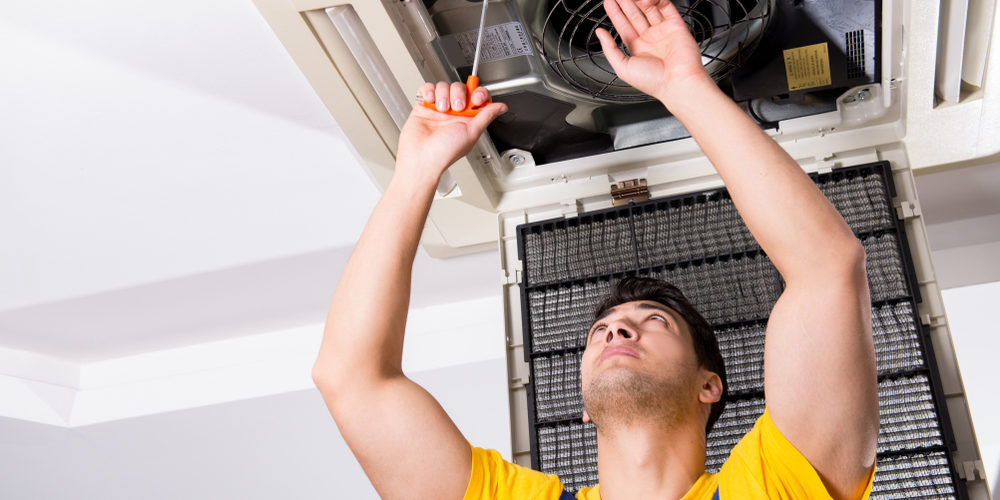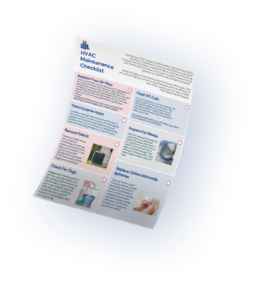Let’s start with the “why” before getting to the “what”.
Cooling your home in summer is a fairly complex and costly task. In very simple terms, our air conditioning unit cools the air by circulating refrigerant that first absorbs the heat from the air it pulls in through your return vents, and cools the air it pumps back into your home.
It takes a lot of energy to take in warm air and pump out cool air while circulating refrigerant between your furnace inside, your air conditioning unit outside and back again. An inefficient unit can waste electricity and increase carbon emissions. For those reasons and the ones listed below, you should consider an eco-friendly air conditioner.
- It Saves You Money – An energy-efficient air conditioner uses less energy, which reduces your energy bills.
- It Saves You Money – An eco-friendly AC unit doesn’t have to work as hard to cool the air in your home. That means it won’t need to be inspected and serviced as often or need as much regular maintenance and/or repairs.
- It Saves You Money – Without needing to do as much work as inefficient air conditioning systems, an eco-friendly unit can last longer and lower your replacement costs.
What Is An Eco-Friendly Air Conditioner?
Now that we’ve told you why you should consider one, here’s what to look for in an eco-friendly air conditioner.
- High SEER and/or Energy Star Ratings & Certifications – AC units that carry these labels can use as much as 50% less energy. SEER and Energy Star ratings and certifications are the best way to tell if your unit is eco-friendly.
- Look for Units with a Two-Stage Compressor – Compressors do all the work in cooling the air in your home. Two-stage compressors automatically adjust to do less compressing in cooler temperatures and more in warmer temperatures.
- Choose a Properly Sized Air Conditioner for Your Home – It can be a costly mistake to choose an air conditioner that is too big or too small for your home. Larger units will use more energy than needed and smaller units will be overworked to keep up with demand.
To find out about more ways to make your HVAC system “greener”, check out our article “3 Ways to Make Your HVAC System More Eco Friendly”.




